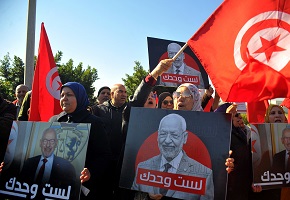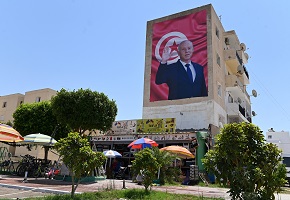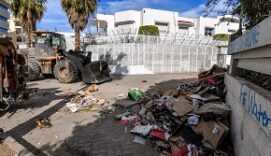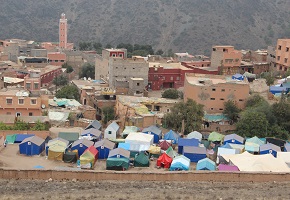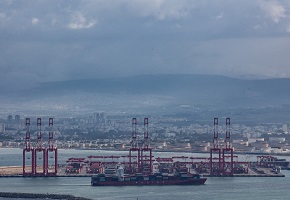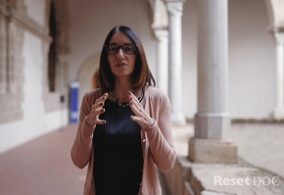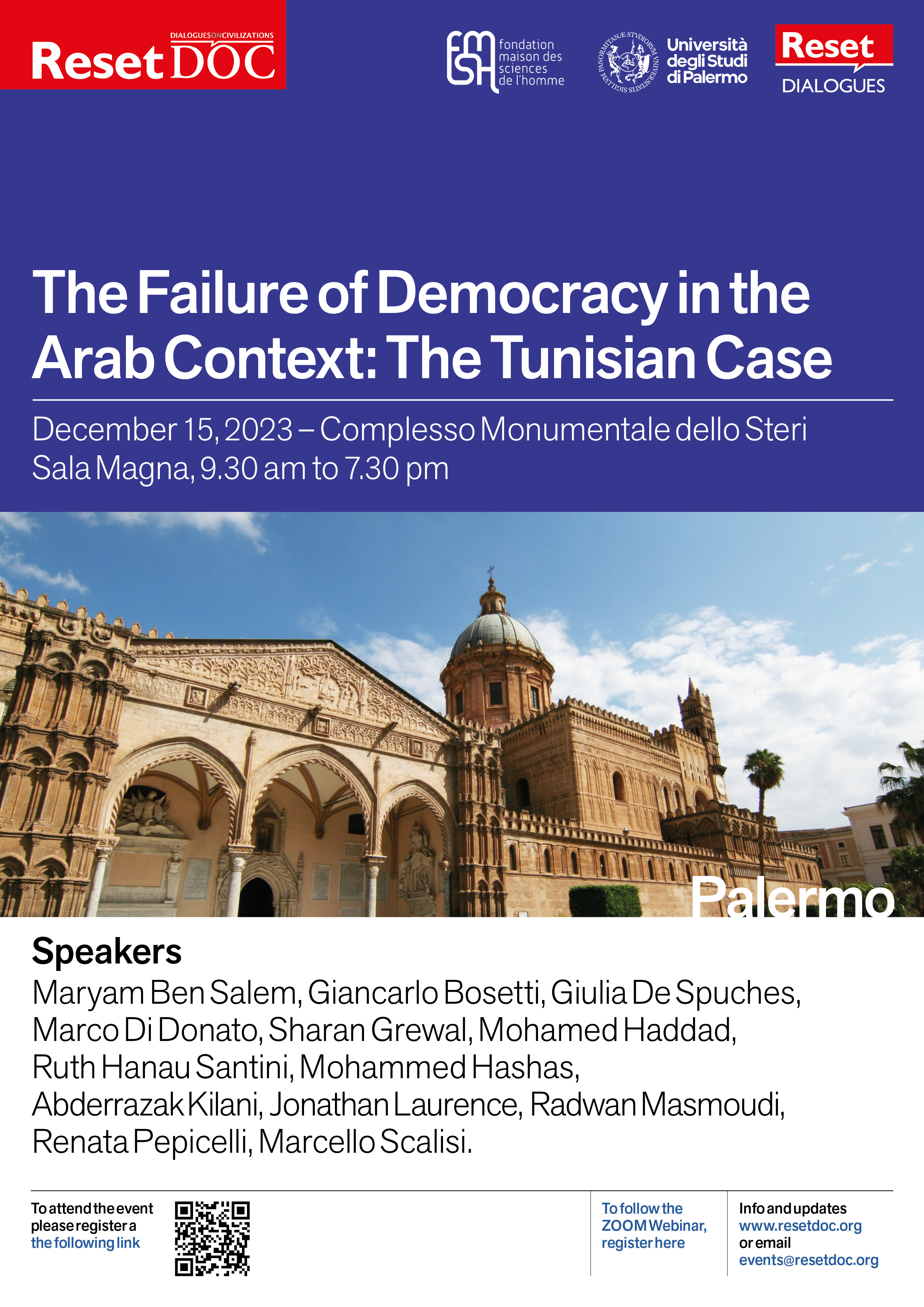Regions
Videos Middle East and North Africa
Ruth Hanau Santini 28 October 2024
Ruth Hanau Santini, associate professor of Politics and International relations at the University of Naples L’Orientale, discusses how Tunisia’s democratic backslide stemmed from unimplemented reforms and an elite-driven process that sidelined public trust. These issues ultimately paved the way for populist influence, culminating in Tunisia’s current political crisis.
ConveningMiddle East and North Africa
The conference will examine why democracy has struggled to take root in the Arab world: historical factors such as the consequences of oil resources, autocratic regimes, the inability to effectively implement economic reforms, the historical legacy of the alliance with the Soviet Union and the effects of colonialism, and in more recent times the negative parabola of the “Arab Springs” and in particular the failure of the compromise between Islamic and secular political forces that had made possible the beginning of a democratic path for Tunisia, now dominated by an autocratic power that arrests opponents.


